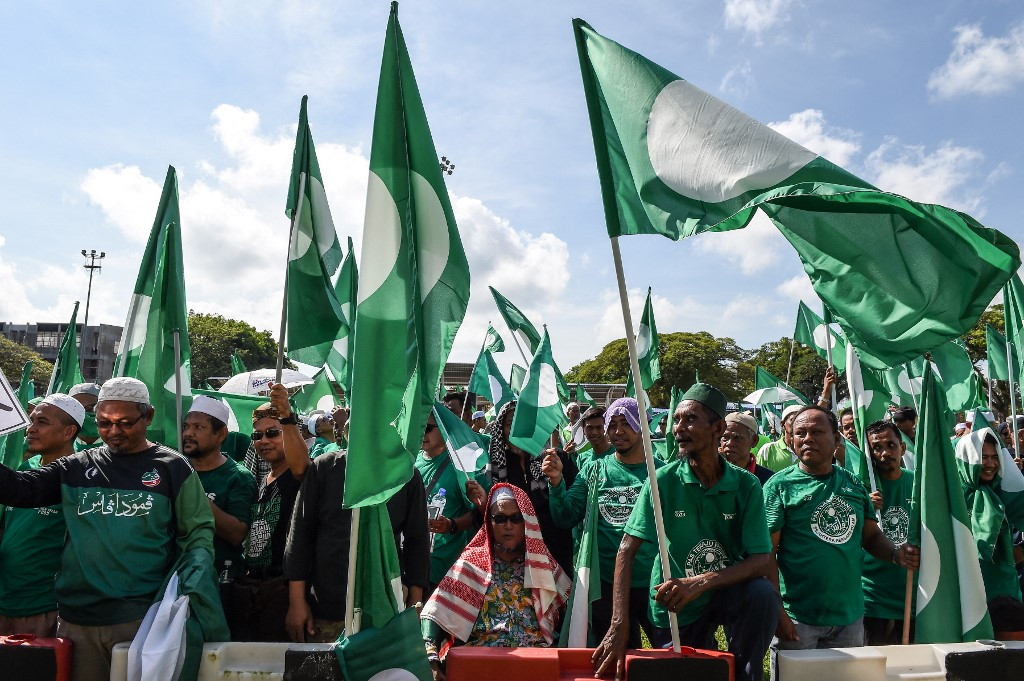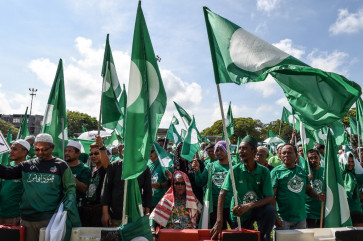Popular Reads
Top Results
Can't find what you're looking for?
View all search resultsPopular Reads
Top Results
Can't find what you're looking for?
View all search resultsWill the Green Wave rule Malaysia?
The truth is that Malaysia is suffering from a growing economic divide that is fueled by ethnoreligious discrimination.
Change text size
Gift Premium Articles
to Anyone
M
alaysian politics has recently been a popular topic of discussion, especially after the state elections which were keenly observed by political observers.
In the aftermath of the 2023 state elections in Selangor, Kelantan, Terengganu, Negeri Sembilan, Kedah and Penang, Anwar Ibrahim, as the 10th prime minister of Malaysia, faces an uphill battle to challenge the perceptions and deep-rooted biases.
In Malaysia, falsities are sometimes construed as truths and political alliances are constantly evolving as political actors see fit, while ordinary citizens go about our daily businesses.
Malaysia, especially the Klang Valley, where trust fund babies and politicians party together, is not unlike many other Southeast Asian nations, where power is wielded with gloved hands and iron fists.
Simple friendships are often based on socioeconomic status, and as Malaysians sip and enjoy overpriced hipster cocktails, we must ask what the future holds for our country, especially now that the Green Wave, a widespread political Islamist movement, has cemented itself into the public consciousness.
For the liberal, English-speaking Muslim and his and her non-Muslim friends in urban Klang Valley, the Green Wave that came on the coattails of the second win for Pakatan Harapan in November 2022 was a frightening reality: The Malaysia Islamic Party (PAS) and its like-minded friends in Perikatan Nasional (PN) had arrived in Kuala Lumpur and were there to stay.
The Green Wave provides an allegory of Malaysia’s new political system, but as I mentioned earlier, it has been around since the 1970s. It did not come out of nowhere. Years of state sanctioned policies have created economic and social rifts among Malaysians. A visible number of non-Malay people are now listening to the PN, disillusioned by the United Malays National Organisation (UMNO) and the old politics. My colleague, Dr. Hew Wai Weng, put it succinctly, “...not all PN voters are Islamists or Malay nationalists; not all PN voters are of lower-class backgrounds.”



















